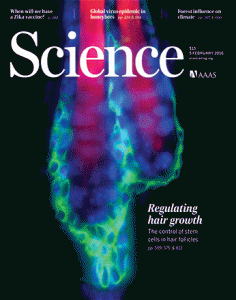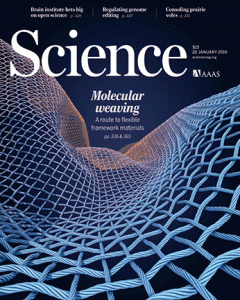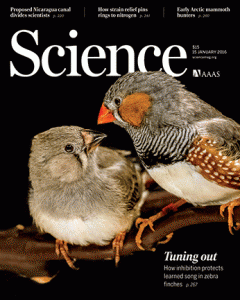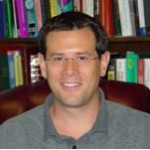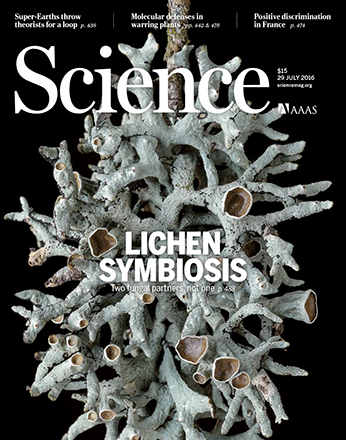 Science is considering adding an expression of concern (EOC) to a June paper that caught the media’s attention for showing how human pollution may be harming fish, following allegations of research misconduct.
Science is considering adding an expression of concern (EOC) to a June paper that caught the media’s attention for showing how human pollution may be harming fish, following allegations of research misconduct.
A group of researchers allege the paper — which suggested fish larvae are eating small particles of plastic rather than their natural prey — contains missing data and used a problematic methodology. After the researchers submitted a formal letter (available here), Uppsala University in Sweden is now conducting an inquiry, the first step in determining whether to launch a formal investigation.
A spokesperson from Science told Retraction Watch that once the journal independently verifies that an investigation is underway, it will issue an EOC for the paper: Continue reading High-profile Science paper on fish and plastics may earn notice of concern





